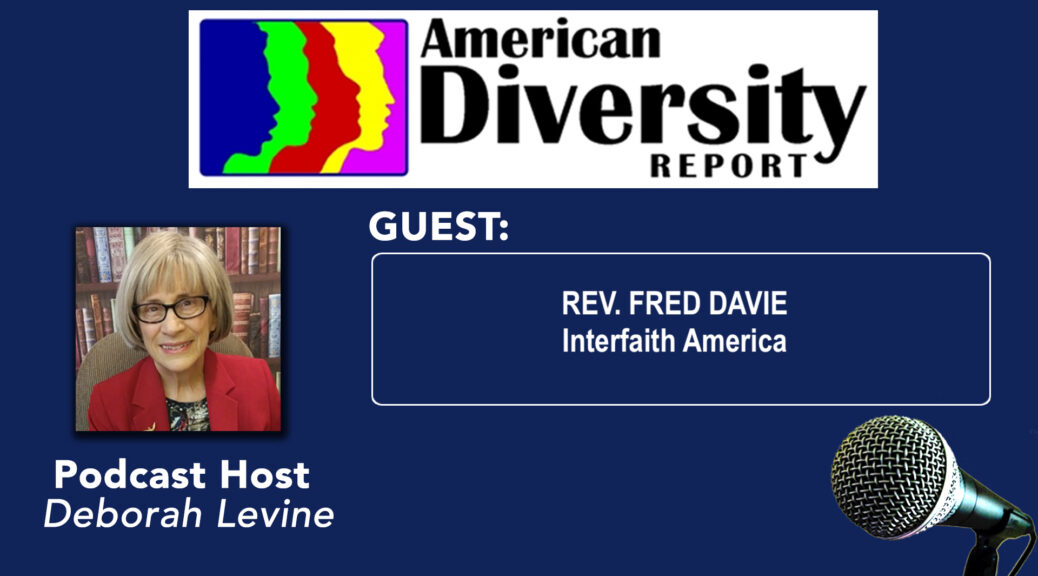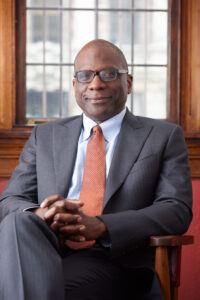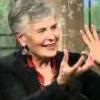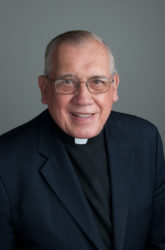What is the Digital Divide?
It is difficult to explain the realities of the digital divide to those who live comfortably on either side of the partition. Contemporary definitions include not only having access to technology, but also the right to digital literacy, digital participation, and social inclusion. While I was aware of the rapid and pervasive advancement of the digital world, correlating gaps in access did not fully become apparent until I began working within various public library systems. Over the years, I have assisted library patrons with everything from job applications to filing for social security, disability, and other medical benefits, to submitting college essays. The common denominator in all scenarios is that no option remained available for them to perform these tasks without technology, which was made accessible almost exclusively through public library services.
Continue reading Interfaith Bridgebuilding Across the Digital Divide – by Geneva Blackmer

 It was an honor to share my perspective as a Jew and diversity professional at Chattanooga’s MLK interfaith service commemorating The Rev. Dr. Martin Luther King Jr. That event was years ago but my passion for diversity is a lifelong legacy from my father, a US World War II military intelligence officer whose letters describing Naziism reside in Cincinnati’s American Jewish Archives. Having dedicated decades to tikkun olam, Hebrew for ‘repair of the world,’ I resonate to this day to Rabbi Abraham Joshua Heschel’s words, “Racism is man’s gravest threat to man – the maximum of hatred for a minimum of reason.”
It was an honor to share my perspective as a Jew and diversity professional at Chattanooga’s MLK interfaith service commemorating The Rev. Dr. Martin Luther King Jr. That event was years ago but my passion for diversity is a lifelong legacy from my father, a US World War II military intelligence officer whose letters describing Naziism reside in Cincinnati’s American Jewish Archives. Having dedicated decades to tikkun olam, Hebrew for ‘repair of the world,’ I resonate to this day to Rabbi Abraham Joshua Heschel’s words, “Racism is man’s gravest threat to man – the maximum of hatred for a minimum of reason.”
 Reverend Fred Davie is a Senior Advisor for Racial Equity at Interfaith America, where he executes programming with a primary focus on the intersection of race and religion. He is also a minister in the Presbytery of New York City, and recently served as the Executive Vice President at Union Theological Seminary.
Reverend Fred Davie is a Senior Advisor for Racial Equity at Interfaith America, where he executes programming with a primary focus on the intersection of race and religion. He is also a minister in the Presbytery of New York City, and recently served as the Executive Vice President at Union Theological Seminary. The Reverend Janet M. Cooper Nelson is Chaplain, Director of the Office of Chaplains and Religious Life, and faculty member at Brown University where she leads a multi-faith team of 4 Associate Chaplains and 40 Religious Life Affiliates, responsibilities she assumed in 1990 after appointments at Vassar, Mount Holyoke, and The Church of Christ at Dartmouth College.
The Reverend Janet M. Cooper Nelson is Chaplain, Director of the Office of Chaplains and Religious Life, and faculty member at Brown University where she leads a multi-faith team of 4 Associate Chaplains and 40 Religious Life Affiliates, responsibilities she assumed in 1990 after appointments at Vassar, Mount Holyoke, and The Church of Christ at Dartmouth College. Robyn LeBron is a member and contributor to
Robyn LeBron is a member and contributor to  The Rev. Dr. John T. Pawlikowski is a Servite Friar priest, Professor Emeritus of Social Ethics, and Former Director of the Catholic-Jewish Studies Program, part of The Bernardin Center for Theology and Ministry, at Chicago’s Catholic Theological Union (CTU). Pawlikowski was appointed to the United States Holocaust Memorial Council by several presidents, chaired the council’s Subcommittee on Church Relations, served on its executive committee, the Committee on Conscience, and academic committee. He also served as president of the International Council of Christians and Jews (ICCJ) and its Abrahamic Forum and currently holds the title of Honorary Life President. Pawlikowski is a member 3 key committees of the Parliament of the World’s Religions (Global Ethic, Peace and Justice, and Climate Action Task Force). He has authored/edited 15 books on Christian-Jewish Relations as well as on social issues such as economic justice, war and peace, and ecological sustainability. He is the former editor of New Theology Review and a member of the editorial board of the Journal for Ecumenical Studies.
The Rev. Dr. John T. Pawlikowski is a Servite Friar priest, Professor Emeritus of Social Ethics, and Former Director of the Catholic-Jewish Studies Program, part of The Bernardin Center for Theology and Ministry, at Chicago’s Catholic Theological Union (CTU). Pawlikowski was appointed to the United States Holocaust Memorial Council by several presidents, chaired the council’s Subcommittee on Church Relations, served on its executive committee, the Committee on Conscience, and academic committee. He also served as president of the International Council of Christians and Jews (ICCJ) and its Abrahamic Forum and currently holds the title of Honorary Life President. Pawlikowski is a member 3 key committees of the Parliament of the World’s Religions (Global Ethic, Peace and Justice, and Climate Action Task Force). He has authored/edited 15 books on Christian-Jewish Relations as well as on social issues such as economic justice, war and peace, and ecological sustainability. He is the former editor of New Theology Review and a member of the editorial board of the Journal for Ecumenical Studies.